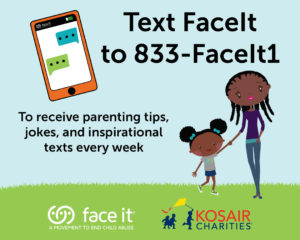 Cyber Safety
Cyber Safety
We are living in an age where children have never known life without the internet, cell phones, and other electronics. Parents and caregivers have an important role in helping kids learn healthy and safe ways to use technology and be online. Too much screen time can lead to obesity, sleep problems, a decrease in school performance, and an increased risk of cyberbullying and risky online use.
Electronic devices, if used moderately and appropriately, can enhance our daily lives–offering entertainment, educational activities, and more. But, research has shown that face-to-face time with family, friends, and teachers plays a pivotal and even more important role in promoting children’s learning and healthy development.
Here are a few reminders to ensure safe and healthy electronic use:
-Balance screentime with offline time to encourage unplugged playtime and physical activity
-Only allow use of screens in common rooms of the house and set “device-free” times
-Know all of the apps and the functions available on each device, including YouTube, Roblox, TikTok, Snapchat, HIP, Whisper and ask.fm
-Remind your children to never use their real name in any chat rooms and that once you put anything out there, you can’t take it back
-Discuss how to be a good “digital citizen” and encourage your child to tell you if anyone is mean or inappropriate to them while online
The American Academy of Pediatrics offers more tips on electronic device use, including creating a media plan with your family and understanding cyberbullying.
Exploited Children’s Help Organization (ECHO) offers a Technology Education Program to inform children safe ways to use Smartphones, tablets, iPods, and personal computers and discuss potential risks.







 Cyber Safety
Cyber Safety


 Navigating Friend or Foe
Navigating Friend or Foe